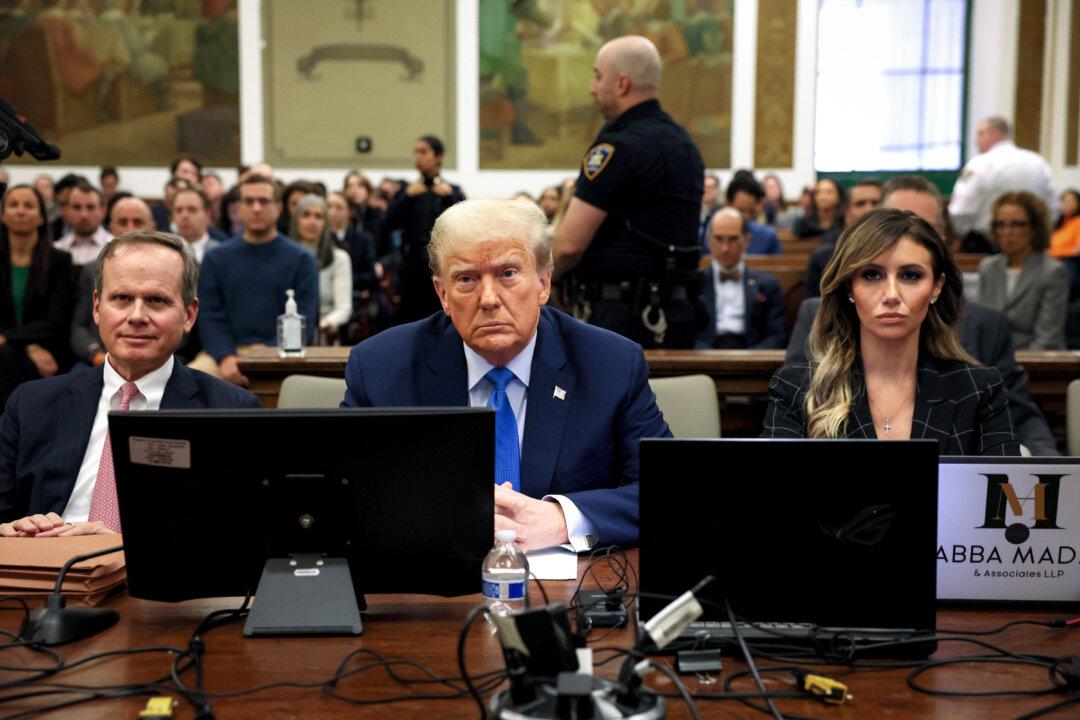A New York judge presiding over former President Donald Trump’s hush money trial has ordered that the identities of jury members be kept private, citing risks of jury tampering or harassment.
In his seven-page ruling (pdf) on March 7, Judge Juan Merchan said that the disclosure of the names of jurors will be limited to President Trump, the counsel, staff, and consultants involved in the case.





